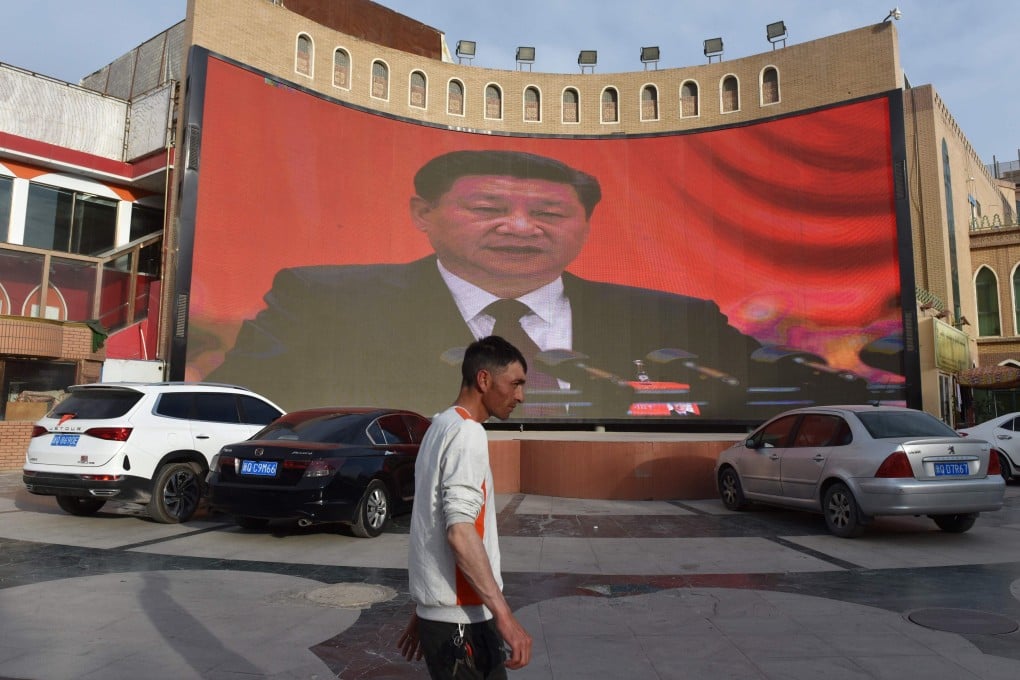Advertisement
Xinjiang’s leaders must ‘optimise’ governance of region, Communist Party’s No 4 says
- Party ‘must scientifically grasp the situation of the Xinjiang work, focus on the ultimate goal of long-term stability’, Wang Yang says after four-day trip to region
- European Union on Wednesday agreed to blacklist four Chinese officials for human rights abuses in Xinjiang
Reading Time:2 minutes
Why you can trust SCMP
1

One of the most powerful men in China has told Communist Party officials in Xinjiang to “optimise” governance of the region as criticism grows of Beijing’s policies on religion and treatment of ethnic minority groups there.
“[We] must scientifically grasp the situation of the Xinjiang work, and focus on the ultimate goal of long-term stability,” Wang Yang, who is the fourth-highest ranked member of the Politburo Standing Committee, was quoted as saying by Xinhua.
“[We] must uphold ruling Xinjiang by law, innovate ways of social governance, optimise our measures and make our policies more accurate to ensure sustained stability,” he said during a four-day trip to the region that ended on Wednesday.
Advertisement

Wang, who is the head of the Chinese People’s Political Consultative Conference, oversees the party’s policies in Xinjiang and national policies on ethnic and religious affairs.
Advertisement
The European Union on Wednesday agreed to blacklist four Chinese officials for human rights abuses in Xinjiang, the first EU sanctions against Beijing since it imposed an arms embargo in 1989 following the bloody crackdown in Tiananmen Square.
None of the officials were named, but Chen Quanguo, the Communist Party chief in Xinjiang, is subject to sanctions imposed by the US during the Donald Trump administration.
Advertisement
Select Voice
Select Speed
1.00x